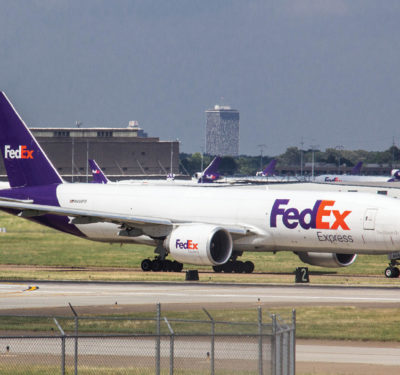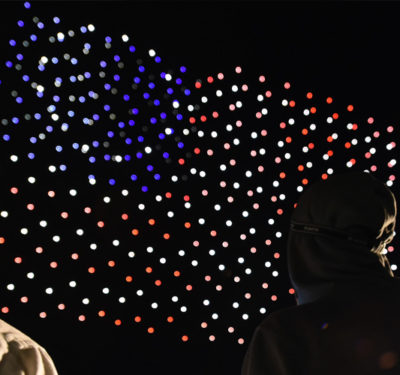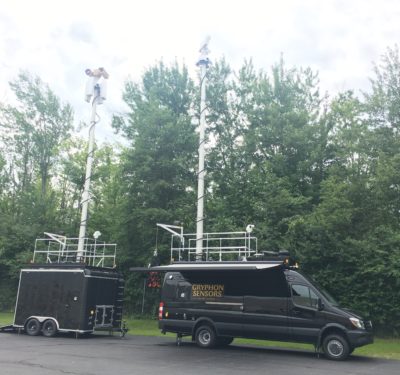
As long as it’s within controlled airspace and in authorized locations, many drones can be flown today in the U.S. with minimal training and knowledge of aviation rules and safety practices.
That’s about to change—and the Federal Aviation Administration (FAA) is enlisting the drone community’s expertise to help make it happen.
To advance public safety among the largest group of drone operators, the agency is currently developing an Unmanned Aircraft Systems (UAS) aeronautical knowledge test.
This effort is a result of a law that passed in 2018—Section 44809 of the FAA Reauthorization Act of 2018 (PDF)—which requires new conditions for recreational drone flyers, among them to pass an online test and carry proof of it while operating a drone.
In fact, Section 44809 covers eight conditions that must be met in order to use recreational small UAS, and while the FAA already applies most of these requirements, it still needs to publish guidance establishing the criteria and process for administering the test.
To do that, the FAA issued a Request for Information (RFI) in September that solicited organizations within the drone community to serve as advisors to the process. Last week the following organizations were selected:
- Embry Riddle Aeronautical University
- Drone Launch Academy Southeastern University
- Science Applications International Corp. (SAIC)
- DJI
- Horizon Hobby, LLC.
- Unmanned Aerial Vehicle (UAV) Coach
- King Schools
- Unmanned Safety Institute
- Unmanned Safety Institute
- Aircraft Owners and Pilots Association
- Academy of Model Aeronautics
- Drone Racing League
According to the FAA, these organizations were selected because they responded to the RFI, are representative of the recreational community and reflect the statutory criteria.
“The 12 entities selected will assist the FAA in developing test administration requirements applicable to the million plus FAA-registered recreational drone flyers,” said Jay Merkle, executive director, UAS Integration Office. “Sharing our safety culture with all types of pilots is a critical component to maintaining the safest airspace system in the world–and this will become even more critical as we continue to integrate commercial drone operation.”
Once established, the test will be administered electronically by the FAA, community-based organizations or others that are specifically designated by the FAA. According to the agency, these new requirements will provide an opportunity to educate recreational flyers on UAS safety and bring new flyers into the existing aviation safety culture.
For the latest FAA news and updates, visit https://www.faa.gov/news/.






